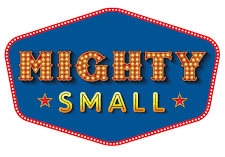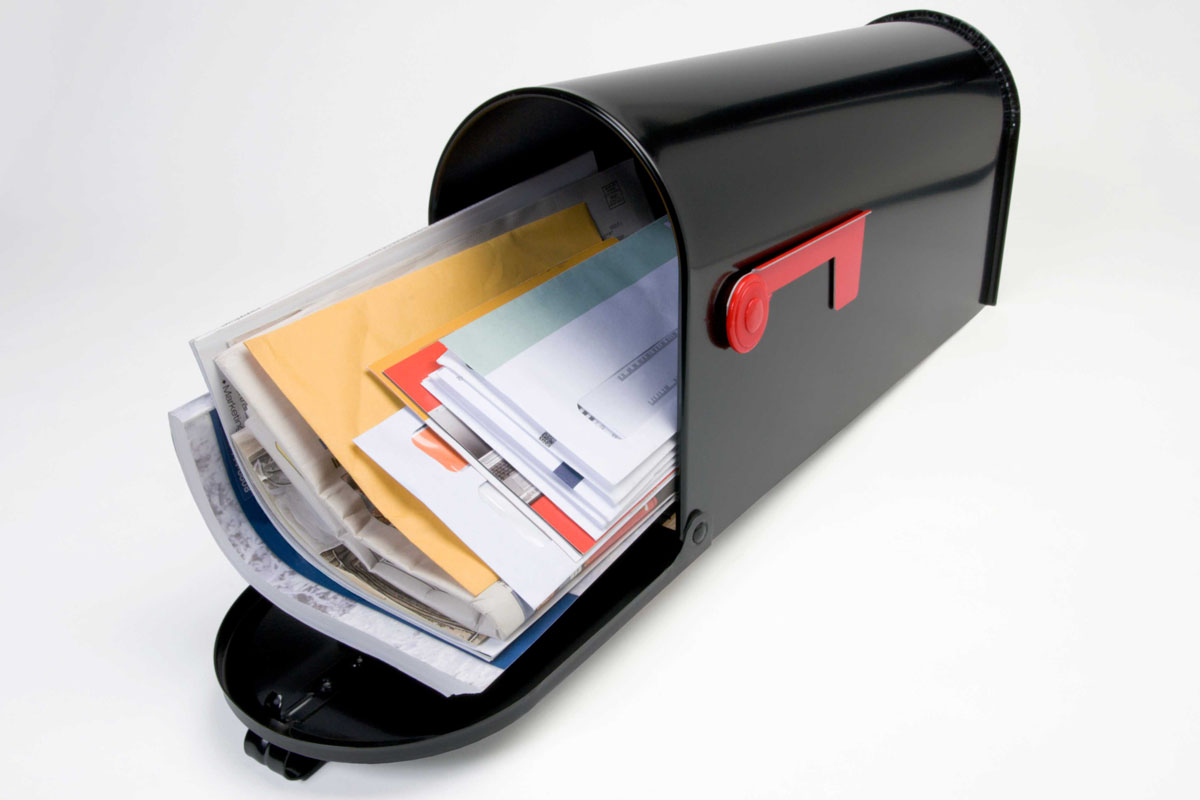 Being a “small” non-profit is never an excuse not to have a major gift program.
Being a “small” non-profit is never an excuse not to have a major gift program.
Lately, I’ve been talking to a great number of Executive Directors and Development Directors from small non-profits. Bottom line, everyone is overworked and doing multiple jobs.
It’s not that I don’t have empathy. I really do – I’ve walked in your shoes. I was a development director for two small non-profits over a course of eight years. I had a staff of one (me) with my first non-profit, and a staff of only one other person in my other job.
I know what it’s like to be pulled in a million different directions and expected to be good at all of them.
But in both of those experiences, I learned that I had to carve out time for major gifts. Why? Because that is where the net revenue came from. I remember very clearly how I came to realize this.
I was spending a ton of time writing, printing and actually stuffing envelopes to get a mailing out one day. My boss came in and said, “Why are you spending so much of your week doing this kind of work, when you should be out there talking to this donor and that donor, who could give us 10 times the amount that this mailing is going to bring in? Get a volunteer to get this mailing out.”
That hit me like a ton of bricks. Of course she was right. I was so down in the weeds of getting a mailing out, I didn’t step back to think about what would be a more effective use of my time.
From that day on I prioritized my work as a small-shop development director. Here is how it broke down:
- Major Gifts
- Planned Gifts
- Direct-Response Program (appeal letters, we didn’t have internet back then)
- Donor response — thanking, newsletters, etc.
- Events (very limited)
I allocated about 40% of my time just on major gifts. That meant I used other people (and volunteers) to help me in all the other areas. But I implemented major gifts myself, along with managing my executive director.
The result was that I dramatically helped bring in more overall revenue (and thus net revenue) for the organization. Like about 50% more revenue!
When I started my second development director position, I implemented this immediately and saw the same results. The organization saw this and hired me an assistant so I could spend even more time on major gift work. That investment of $30,000 (a lot at that time) yielded an added $150,000 in revenue compared to the previous year.
I remember this because I presented it to the board after the first year to prove that this investment was worth it.
So if you are either an executive director or a development director of a small organization, here is what you can do immediately to focus more of your time on major gifts and start caring for your donors:
- Re-prioritize your work. Take the position that you are going to spend 30-40% of your time on major gifts.
- Set up systems (automated, volunteers, other staff) to take on your direct-response strategies. You remain the strategic person behind it; allow others to implement it.
- If you allocate 30-40% of your work to major gifts then you can safely cultivate and steward around 50 major donors. That’s it.
- With that portfolio of 50 donors, you have to tier them A-C. This allows you to focus your major gift time correctly.
- Create goals and a year–long strategic plan – for every major donor in your portfolio. This gives you a destination and the roadmap to get there. And, quite frankly, it will be keep you sane and allow you to sleep at night.
- Get someone to hold you accountable. Whether it’s the ED or a board member or your significant other, someone has to walk with you on this and keep you focused. Otherwise, I guarantee you, you will lose your way and allow the “busy-ness” and the “urgent” to drive what you do every day.
Look, before I re-prioritized my work, I didn’t think this was possible… until I actually did it. And as I’ve told you, it had a dramatic effect on our revenue. That one moment of clarity from my boss helped change the course of my career, because I started working smarter.
You can’t NOT start a major gift program with the excuse that you’re just too busy. I can’t let you do that. It’s too important to your donors, who are waiting for you to talk to them; and it’s too important for your organization, that needs the net revenue to do more of the great things you do.
Jeff







Super succinct to do list to be mighty!!! Thanks!
I love this time management strategy. Small shop development director feeling the pain that you are talking about. My question is grants – we receive 40% of our income through grant funding that I work on and I never feel like I have enough time to do major gifts in the way that you are discussing – 50 donors. Working through my expense budget and trying to figure out how to justify allocating additional staff to concentrate on grants. Ideas?
Ashliegh, thanks for writing. Yes, if you actually had time to work with your major donors you would be able to garner at least 30-40% more in revenue in the first 12 months and even more in the next 18-24 months. You have the ultimately dilemma just like I did. Perhaps you can look at certain tasks that can be covered by someone else while maintaining other aspects of it that you have to still be involved. But, the key is how do you allocate yourself 35-40% of your time. The other thought is to start by at least allocating 20% of your time to Major gifts and work with 25 donors. Start somewhere, see success then build it out.
Jeff
Hi,
As someone who reads your blog vociferously, and do try to live by these principles … what if your small nonprofit does not have a history of individual philanthropic support? 200 donors in the past three years, with very few at four figures and none at five? I have not seen anything which talks about the challenges of pipeline building / prospecting – any thoughts?
Andrew, thanks for writing. Yes, we don’t write a lot about prospecting for new major donors because we are most concerned with minding the organization’s current donor base. However, because you have very few donors at all, I can give you this advice:
1. Start with those 200 donors–There are at least 10 major donors in there. Probably more. Get to know them and ask them to bring others under their sphere of influence to learn about your mission.
2. Board Members–each board member should introduce you to 3-5 people who might be interested in your work.
3. Hold small gatherings–ask a board member to host at their home or office a gathering of friends, colleagues and others who might be interested in your organization. Make a passionate case for your mission. Then invite them to be part of what you are doing.
For a small organization like yours that is what I would do immediately to build a pipeline of potential major donors. But, I would first start with those 200. Let them create a web of interest for your organization. They already love your mission so let them go out an evangelize for you.
Jeff
A great list – here’s some more ideas that may help out too! – https://imarketsmart.com/top-10-reasons-major-and-planned-gift-officers-fail-to-generate-results/